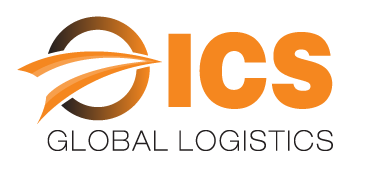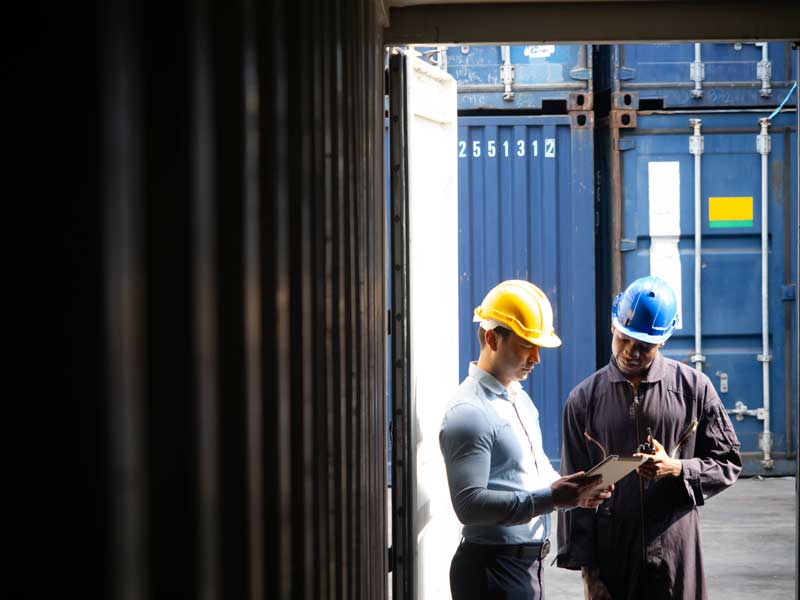In an era where global commerce is becoming increasingly complex, the demand for transparency and traceability in supply chains has never been more critical. Blockchain is changing how we see and handle supply chains by using a decentralized and unchangeable ledger.
This comprehensive guide explores the role of blockchain in enhancing transparency specifically within the context of Australian supply chains. From its fundamental principles to real-world applications, we will delve into how blockchain is revolutionizing the Australian supply chain landscape.
Understanding the Basics of Blockchain Technology
Fundamentals of Blockchain
At its core, blockchain is a distributed ledger that records transactions across a network of computers in a secure and transparent manner. Each transaction, or block, is linked to the previous one, creating an unbroken chain of information.
Decentralisation and Immutability
Blockchain operates on a decentralised network, eliminating the need for a central authority. Once information is added to the blockchain, it becomes immutable, meaning it cannot be altered or deleted. This feature ensures the integrity of the data.
Smart Contracts
Smart contracts are self-executing contracts with the terms of the agreement directly written into code. They automate and enforce contractual agreements, reducing the need for intermediaries and streamlining processes.
Challenges in Traditional Supply Chain Management
Complexity and Lack of Visibility in Global Logistics
Traditional supply chains involve numerous stakeholders, each contributing to the movement of goods from manufacturers to end-users. The complexity of these networks often results in a lack of real-time visibility, making it challenging to trace the journey of products. This is where ICS Global Logistics can assist you by taking care of this challenging part of importing and exporting goods.
Risk of Counterfeiting and Fraud
Counterfeiting and fraud pose significant threats to supply chain integrity. In industries such as pharmaceuticals and food, the risk of counterfeit products entering the supply chain can have severe consequences for consumers and businesses alike.
Manual Processes and Paperwork
Many supply chain processes still rely on manual record-keeping and paperwork. This not only increases the likelihood of errors but also hampers the efficiency of the supply chain, leading to delays and increased operational costs.
Blockchain’s Impact on Australian Supply Chains
Enhanced Traceability and Visibility
Blockchain provides an immutable and transparent record of every transaction in the supply chain. This level of traceability allows stakeholders to track the movement of goods from the source to the destination in real-time, fostering greater visibility.
Reduced Risk of Counterfeiting
By recording every step of a product’s journey on an immutable ledger, blockchain significantly reduces the risk of counterfeiting. Consumers and businesses can verify the authenticity of products, particularly in industries where counterfeit goods pose a threat.
Efficient Recall Processes
In cases of product recalls, blockchain enables swift and targeted action. Stakeholders can trace the affected products to their source, facilitating more efficient and precise recalls compared to traditional methods that may involve broad recalls.
Streamlined Customs Processes
Blockchain’s transparency and accuracy benefit customs processes. Automated verification of documents and compliance with regulations can significantly reduce delays at border crossings, enhancing the efficiency of international trade.
Real-time Monitoring of Supply Chain Events
IoT devices integrated with blockchain enable real-time monitoring of supply chain events. From temperature-sensitive pharmaceuticals to perishable goods, stakeholders can receive instant alerts and take proactive measures to address issues.
Smart Contracts for Automated Compliance
Smart contracts embedded in the blockchain can automate compliance checks. This ensures that each participant in the supply chain adheres to predefined rules and regulations, reducing the risk of human error and non-compliance.
Real-World Applications in Australian Supply Chains
Food Safety and Traceability
The Australian food industry is leveraging blockchain to enhance food safety and traceability. By recording every step of the food supply chain, from farm to table, blockchain provides consumers with accurate information about the origin and journey of their food.
Pharmaceutical Supply Chain Integrity
Pharmaceuticals face challenges related to counterfeit drugs and the need for stringent traceability. Blockchain ensures the integrity of the pharmaceutical supply chain by recording every transaction, ensuring that patients receive genuine medications.
Wine Industry Authentication
In Australia’s renowned wine industry, blockchain is being utilized to authenticate the origin and quality of wines. This not only protects the reputation of Australian wines but also ensures that consumers receive genuine products.
Mining and Resource Supply Chains
The mining and resource industries in Australia are adopting blockchain to enhance transparency in their supply chains. From tracking the extraction and transportation of resources to ensuring responsible sourcing, blockchain provides a comprehensive solution.
Challenges and Considerations
Integration with Existing Systems
Integrating blockchain with existing supply chain systems poses challenges. Companies must carefully plan the transition to avoid disruptions and ensure a seamless integration that aligns with existing workflows.
Data Privacy and Security
While blockchain is known for its security features, ensuring the privacy and security of sensitive data remains a consideration. Striking a balance between transparency and data protection is crucial.
Scalability Issues
As blockchain networks grow, scalability becomes a concern. Ensuring that blockchain networks can handle the increasing volume of transactions without compromising speed and efficiency is an ongoing challenge.
Regulatory Compliance
Adhering to existing regulations while implementing blockchain solutions is a complex task. Navigating regulatory frameworks and ensuring compliance with industry standards are critical aspects of successful blockchain adoption.
Future Outlook and Recommendations
Collaboration Among Stakeholders
Successful implementation of blockchain in Australian supply chains requires collaboration among stakeholders. From manufacturers to logistics providers and regulatory bodies, a unified approach ensures the effectiveness of blockchain solutions.
Investment in Education and Training
To fully leverage the benefits of blockchain, stakeholders need education and training. Investing in the skills necessary to understand, implement, and maintain blockchain systems is essential for successful adoption.
Global Standardisation Efforts
Blockchain’s impact on supply chains extends beyond national borders. Global standardisation efforts are crucial to ensuring interoperability and a seamless exchange of information in the increasingly interconnected world of international trade.
Continuous Innovation and Adaptation
The field of blockchain and supply chain management is dynamic. Continuous innovation and a commitment to adapting to emerging technologies will be essential for Australian supply chains to stay at the forefront of the industry.
Blockchain technology is fundamentally changing the way Australian supply chains operate, introducing unprecedented levels of transparency, traceability, and efficiency. As the country continues to embrace these advancements, the benefits extend beyond individual industries to contribute to the resilience and integrity of the entire supply chain ecosystem.
From addressing challenges in traditional supply chain management to real-world applications in various sectors, blockchain is proving to be a catalyst for positive transformation. As Australian businesses and regulatory bodies navigate the complexities of blockchain integration, the future holds the promise of more secure, efficient, and transparent supply chains that benefit businesses, consumers, and the economy as a whole.
Call on us to help deliver excellent supply chain management.

